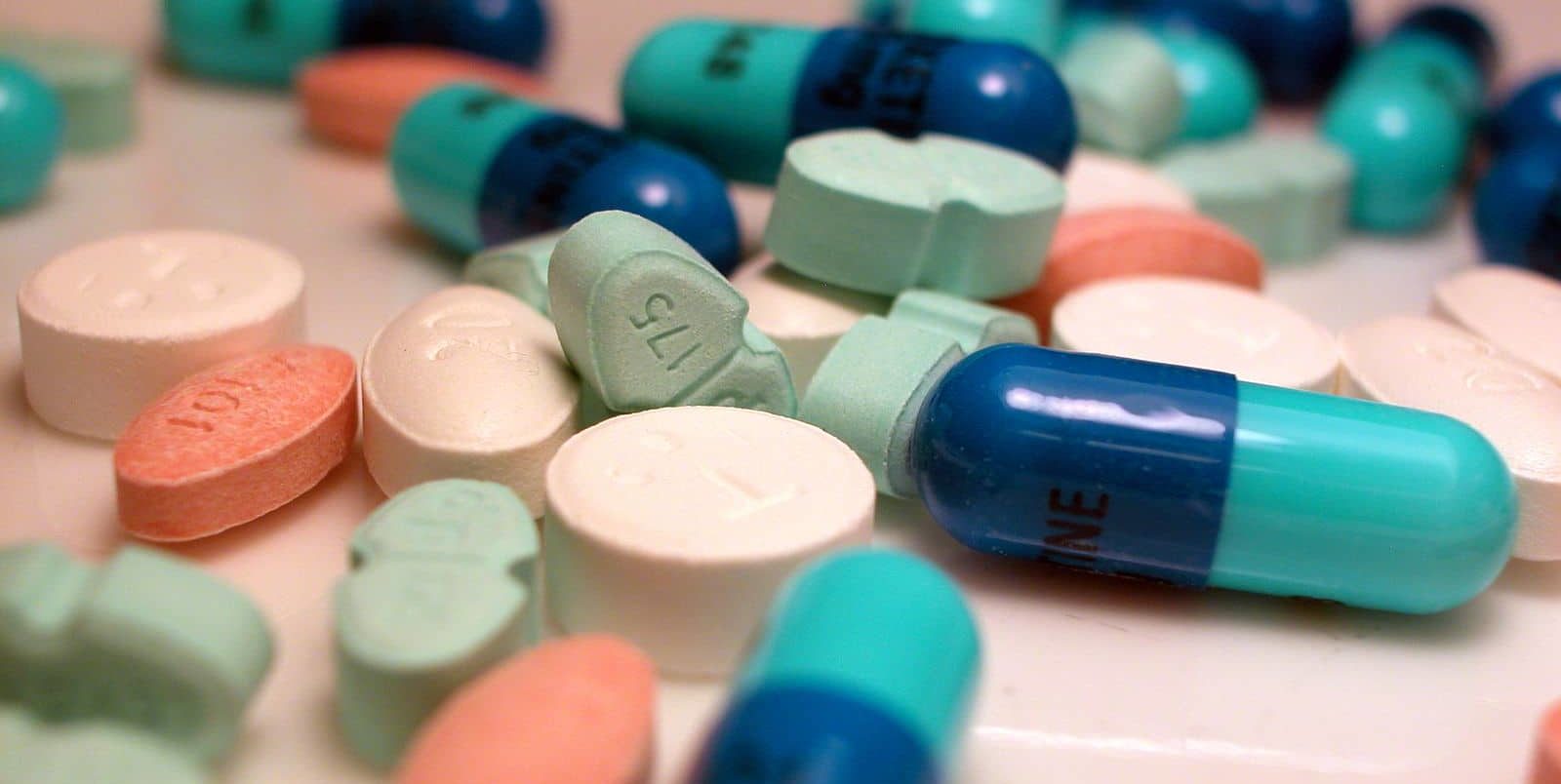In the United Kingdom, half of surveyed people who inject drugs had been infected with hepatitis C (HCV), and some cities in the United States see comparable proportions. And HCV medications, or direct-acting antiretrovirals, bear some risks when used alongside certain illicit drugs.
The University of Liverpool’s HEP Drug Interactions Checker website serves as a reference for clinicians and researchers, as well as a patient education tool. On January 6, the UK-based group announced the additions of heroin, carfentanil, alcohol and cannabidiol (CBD) to its interactive platform, in response to requests from site users and in line with its mission to offer free, evidence-based drug information.
One researcher welcomed the updates. Dr. Sofia Bartlett, a researcher at the British Columbia Centre for Disease Control, holds that the newcomers are “particularly useful,” especially “if you’re treating #HCV among people who use drugs in North America who may be exposed to synthetic opioids such as #carfentanil, etc.”
The newly-added drugs do not pose life-threatening interactions with HCV medication, though risky combinations do exist. Using CBD while taking certain HCV medications, for example, “may result in a greater risk of adverse reactions” to the legal drug, states the checker. The same medications interfere with the metabolization of heroin. Because of this, the checker recommends that care providers “Advise patient of signs and symptoms of opiate toxicity.”
The checker includes other illicit drugs that have both potentially life-threatening and milder interactions. For MDMA, the checker states that “Caution is strongly advised,” since people have died while using it together with one HCV medication. In the case of combinging ketamine and a certain medication, exposure to the ketamine may be increased, which could mean increased risk for toxicity, including “respiratory depression and hallucinations,” according to the checker.
Methamphetamine, in contrast, poses minimal interaction risks on a biochemical level, although the checker still advises caution when combining the stimulant with certain HCV medications due to the “variable” nature of meth dosing.
HCV medications have more severe interactions with HIV antiretrovirals—a major issue given that co-infection is very common among injection drug users.
The HEP Drug Interactions Checker can be found here.
Photograph of various pills; By MorgueFile via Wikimedia Commons




